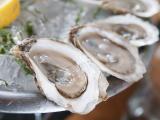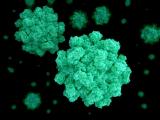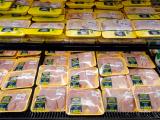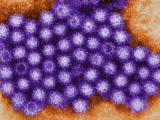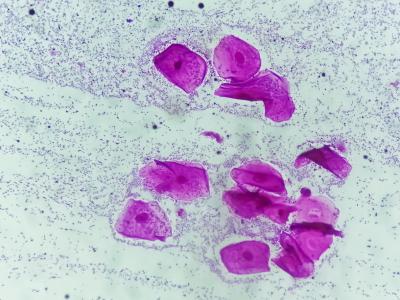Dec 7, 2009
Norovirus cases prompt warning about oysters from Texas bay
The US Food and Drug Administration (FDA) has warned against eating oysters recently harvested from San Antonio Bay on the Gulf of Texas because of reports of norovirus-related illnesses. The FDA and other federal and state agencies are following up on reports of about a dozen illnesses in South Carolina and North Carolina consumers who ate oysters from the area, the agency said yesterday. Consumers who bought oysters on or after Nov 16 that came from the bay are urged to dispose of them, the FDA said, adding that restaurant customers can ask about the source of oysters on the menu. The Texas Department of State Health Services has ordered a recall of all oysters harvested from the bay between Nov 16 and 25; the state closed the implicated oyster beds Nov 26.
Dec 6 FDA statement
Fort Detrick lab investigates tularemia infection in researcher
A lab researcher at the US Army Medical Research Institute of Infectious Diseases (USAMRIID) in Fort Detrick, Md., is undergoing treatment for a tularemia infection that she may have contracted while working on a vaccine against the disease, the Frederick (Md.) News Post reported on Dec 5. The woman first sought care for flu-like symptoms on Nov 23 and went to a doctor again while out of town for Thanksgiving. On Dec 1 she went to USAMRIID's special immunization program clinic, where she was placed on antibiotic treatment. A press release from the lab said the woman is recovering at home and responding well to treatment, the News Post reported. A USAMRIID spokeswoman said the researcher was working with bacterial cultures, not live animals. The lab is investigating how the woman became infected. Tularemia, caused by Francisella tularensis, can be fatal in some instances. It does not spread from person
to person but by routes such as tick bites, handling of infected animals, or consuming contaminated food or water. It is one of the six biological agents deemed most likely to be used by terrorists.
Dec 5 Frederick News Post story
Federal agencies release new food defense assessment tool
The US Department of Agriculture (USDA) and the Food and Drug Administration (FDA) have unveiled a computerized assessment tool that allows farmers and food producers to gauge the vulnerability of their production processes to attack by someone trying to disrupt the food supply, the USDA said in a Dec 4 press release. The free software is designed to replace face-to-face risk assessments, which can be time-consuming and costly. The software, called Agriculture CARVER + Shock, is modeled after a system the military uses to identify vulnerable areas. Steps include assessing criticality, accessibility, recuperability, vulnerability, effect, and recognizability. The "Shock" portion of the tool is designed to assess the combined health, economic, and psychological effects of an attack within the food industry. The USDA notes that the pathogen considered in the assessment would survive most production processes and provide a
worst-case scenario. The tool was developed by the two federal agencies and Sandia National Laboratories.
Dec 4 USDA press release


